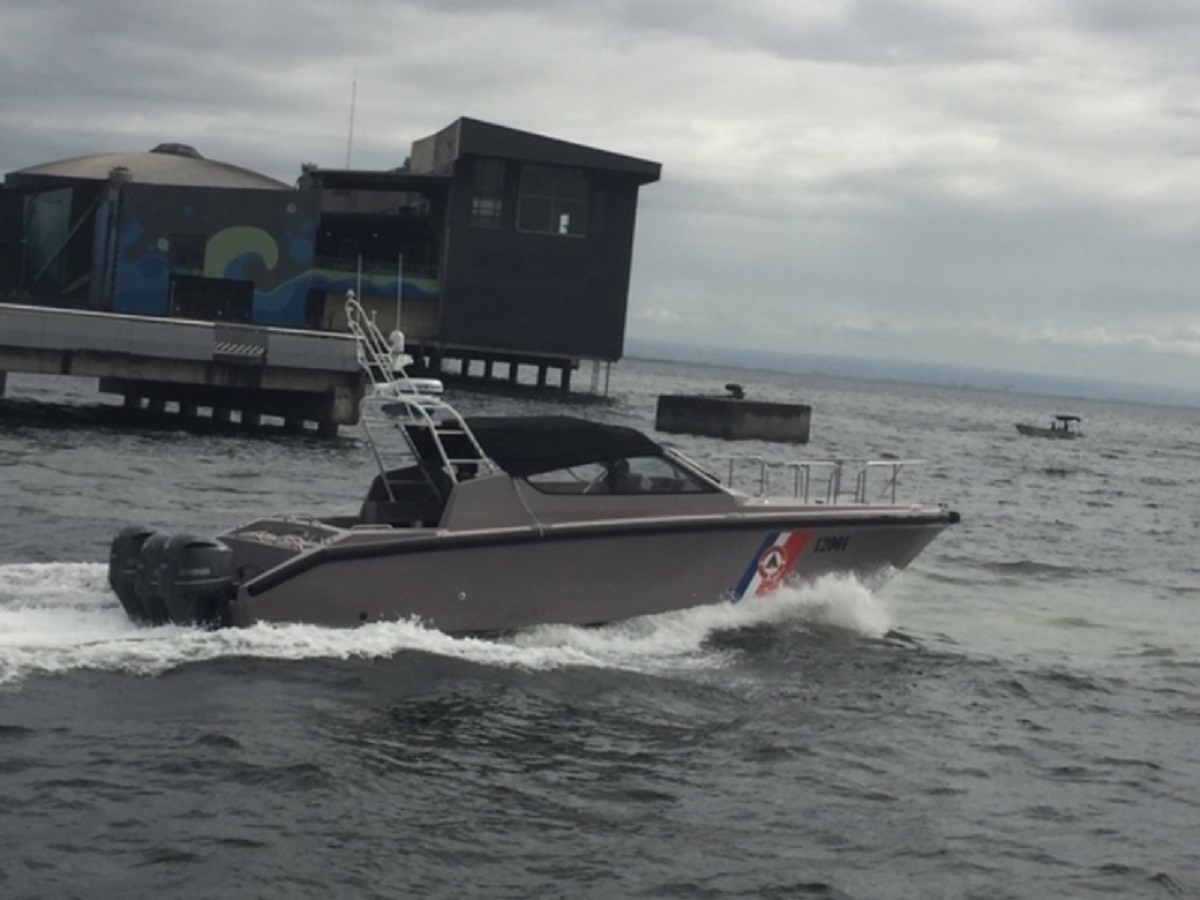Japan and Malaysia finalized a security assistance agreement totaling 400 million yen ($2.8 million). The accord, sealed during a Tokyo summit commemorating 50 years of Japan-ASEAN ties, highlights Japan’s commitment to bolstering Malaysia’s maritime security. Under this formal security pact, Japan is set to furnish Malaysia with crucial equipment such as rescue boats and essential supplies. The agreement signifies the elevation of the Japan-Malaysia relationship to a “comprehensive strategic partnership,” as affirmed by Japanese Prime Minister Kishida in a statement issued by Japan’s foreign ministry. Earlier agreements with the Philippines and Bangladesh this year were in sync with Japan’s April announcement, outlining plans to extend financial assistance to fortify the defense capabilities of countries in need. The significance of this move is amplified against the backdrop of heightened tensions in the South China Sea, where multiple ASEAN nations, including the Philippines, Vietnam, Indonesia, Malaysia, and Brunei, have overlapping claims with China.
The 2016 ruling by the Permanent Court of Arbitration discredited China’s expansive claims over the region. This support comes in the wake of recent maritime confrontations between China and Japan in the East China Sea, underscoring the imperative for collaborative efforts among Asian nations to safeguard regional stability. Japan’s commitment extends beyond bilateral agreements. During the ongoing summit, Japan is extending its support to ASEAN members, empowering them to play more significant roles on the international stage and navigate their diplomatic relations effectively, especially concerning China. As the summit progresses, Prime Minister Kishida is slated to hold individual discussions with leaders from ASEAN member countries, amplifying Japan’s commitment to fostering stronger ties and reinforcing regional security partnerships.
Malaysian Defence reported that Malaysian Foreign Minister DSU Mohamad Hasan revealed that Japan’s Official Security Assistance (OSA) grant to Malaysia includes a crucial infusion of drones and fast interceptor boats. This aid aims to fortify the surveillance and monitoring capabilities along Sabah’s east coast, a strategic area under the purview of ESSCOM. While specific details regarding the quantity and precise models of these interceptor boats and drones remain undisclosed, there are strong indications that the boats might align with those previously gifted to the Philippine Coast Guard (PCG) by Japan. This development underscores Malaysia’s historical hesitation in embracing more advanced surveillance equipment compared to neighboring countries. For instance, Indonesia recently sealed a deal for a sizable patrol vessel during the same Tokyo event, enhancing its coast guard’s capabilities.
The interceptor boats provided to the PCG were 12 meters long, capable of reaching speeds of up to 50 knots, equipped with three 223kW outboard engines, presenting a striking similarity to vessels currently in use by Malaysia’s maritime security forces, including the MMEA, Armed Forces, and marine police. It’s highly likely that these interceptor boats will feature Yamaha outboard motors, a choice already prevalent within Malaysia’s security services and civilian maritime operations, ensuring easier access to spare parts and maintenance facilities. Even considering vessels such as the 46-meter patrol boat utilized by the JCG, a slightly larger model than the 44-meter patrol boats in possession of the MMEA, could significantly elevate Malaysia’s maritime border surveillance. Yet, local shipyards have not shown enthusiasm in constructing vessels of this particular size, especially akin to the fast interceptor boats.
















